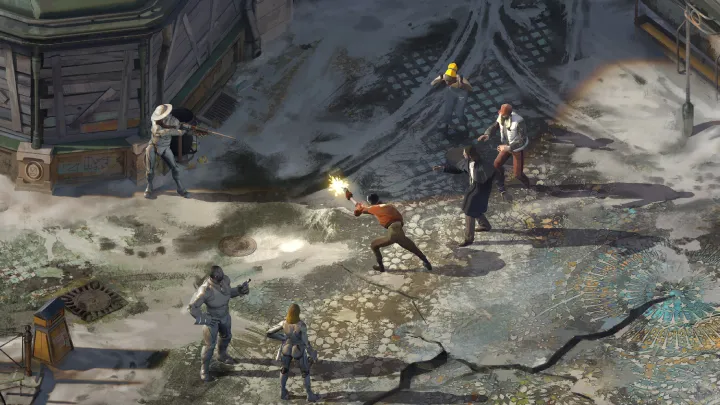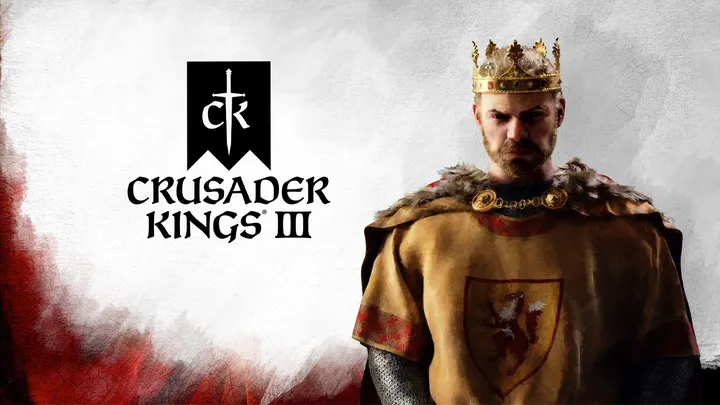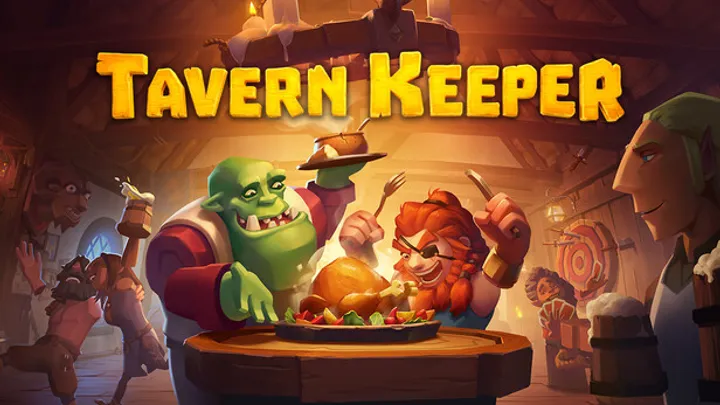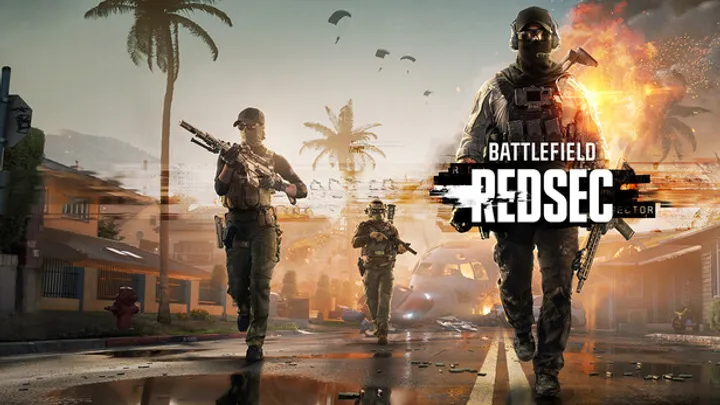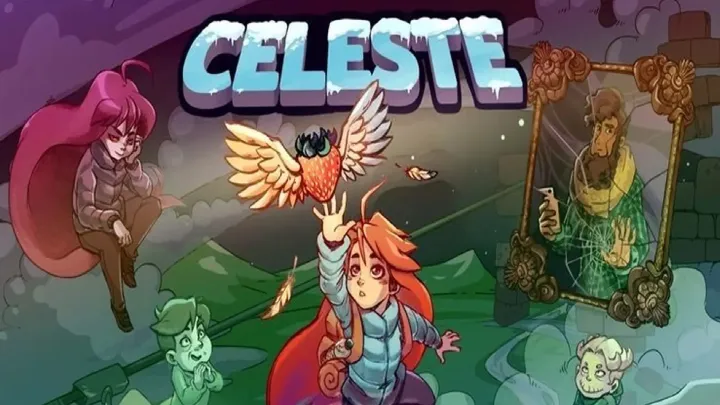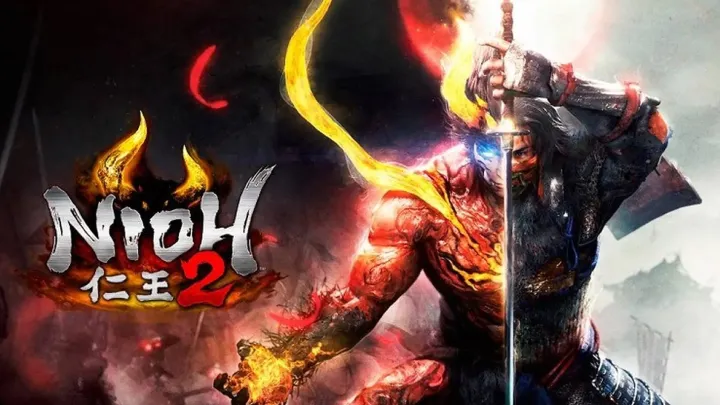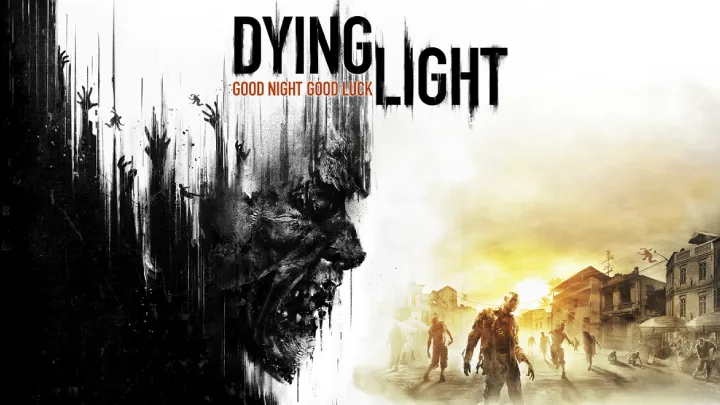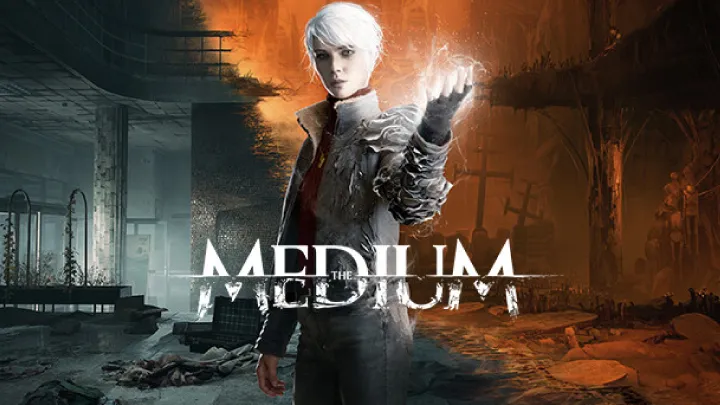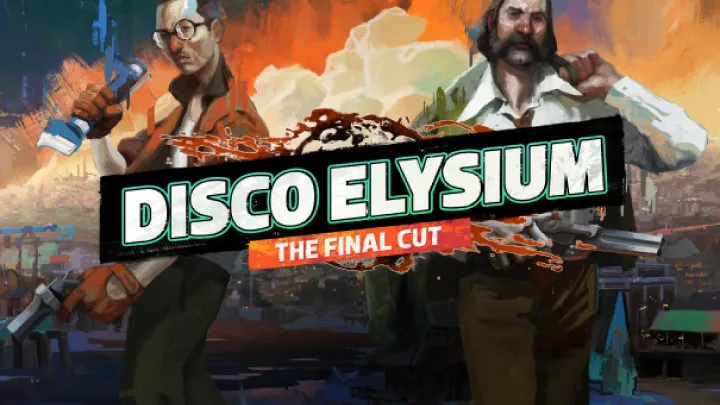
Disco Elysium: The Final Cut stands as a landmark in narrative-driven gaming, offering players a rich tapestry of choices, thoughts, and philosophical inquiries set against the backdrop of a decaying city. The game challenges conventional role-playing game mechanics, allowing players to navigate not only the external world of the fictional city of Revachol but also the complex internal landscape of the protagonist’s mind. This article delves deeply into the specific issue of identity and consciousness in Disco Elysium, examining how the game’s unique mechanics and narrative structure invite players to explore the multifaceted aspects of selfhood and the human condition.
The Setting: Revachol as a Reflection of Identity
At the heart of Disco Elysium is Revachol, a city steeped in history, politics, and decay. The setting itself is integral to understanding the protagonist's struggle with identity.
A City in Ruins
Revachol is depicted as a once-great city now fragmented by political strife, social upheaval, and economic despair. This environment mirrors the protagonist’s internal chaos, emphasizing the theme of identity in a world that feels lost. The city’s history, filled with revolutionary fervor and subsequent collapse, serves as a backdrop against which personal and collective identities collide.
The Role of Class and Politics
The socio-political landscape of Revachol is critical to the narrative. Class struggles and political ideologies shape the characters and their interactions with the protagonist. Throughout the game, players encounter various factions that reflect different aspects of identity, such as the working class, the wealthy elite, and the revolutionary left. These interactions provide a context for exploring how identity is influenced not only by personal choices but also by societal structures.
The Protagonist’s Amnesia: A Blank Slate
The protagonist's amnesia serves as a narrative device that allows players to explore identity from the ground up. Upon awakening, the unnamed detective has no memory of who he is, forcing players to engage with his identity as if it were a blank slate.
The Fragmentation of Self
This amnesia symbolizes the fragmentation of selfhood, illustrating how identity can be shaped by experiences, memories, and choices. As players navigate the game, they slowly reconstruct the detective’s identity, piecing together fragments of his past through dialogue, choices, and skill checks. This process highlights the idea that identity is not fixed but rather fluid and subject to reinterpretation.
The Role of Internal Dialogue
One of the most innovative aspects of Disco Elysium is its internal dialogue system, where various aspects of the protagonist’s psyche speak to him. These voices, representing different facets of his identity, influence decision-making and perception. For instance, the “Intellect” aspect encourages logical reasoning, while “Emotion” prompts more visceral reactions. This internal cacophony illustrates the complexity of identity and the struggle to reconcile conflicting parts of oneself.
Choices and Consequences: Shaping Identity
The game’s choice-driven narrative allows players to shape the protagonist’s identity through their decisions. Each choice made impacts not only the story’s outcome but also how the protagonist perceives himself and how others perceive him.
Moral Ambiguity and Identity
Disco Elysium thrives on moral ambiguity, challenging players to confront their values and beliefs. The protagonist can choose to embrace or reject different ideologies and ethical frameworks, leading to divergent paths in the narrative. These choices force players to grapple with the implications of their actions on their identity and the identities of those around them.
Examples of Choices
- Dialogue Choices: Players can choose how to respond to characters, influencing relationships and the detective's self-image.
- Skill Development: Players can invest in different skills (e.g., Authority, Empathy), which shape the detective's approach to situations and interactions.
- Political Alignments: Choosing to align with specific factions alters the protagonist’s worldview and relationships.
The Impact of Consequences
As players navigate these choices, they must also deal with the consequences that arise. The detective’s actions can lead to significant shifts in identity, reflecting the interconnectedness of choice, action, and selfhood. For example, a decision to act violently may lead to a more aggressive self-perception, while choosing empathy may foster a sense of connection and community.
The Influence of Memory: Reconstructing the Past
Memory plays a crucial role in shaping identity, and Disco Elysium explores this theme through the protagonist’s quest to recover his past.
The Significance of Memory Fragments
Throughout the game, players encounter memory fragments that offer glimpses into the detective's life before his amnesia. These fragments serve as clues to understanding not only who he was but also how his experiences have shaped his identity. As players collect these memories, they reconstruct a narrative that informs the detective’s current self.
Examples of Memory Fragments
- Conversations with Characters: Interactions with various NPCs reveal insights into the detective’s past relationships and choices.
- Environmental Clues: Items and locations within Revachol trigger memories, offering context for the detective's current state.
The Emotional Weight of Memory
The emotional resonance of these memory fragments is profound. They evoke feelings of nostalgia, regret, and longing, highlighting the intricate relationship between memory and identity. The detective's journey to recover his past underscores the idea that identity is not merely a sum of experiences but also shaped by the emotions tied to those experiences.
The Role of Ideology: Navigating Political Identity
Disco Elysium invites players to engage with various political ideologies, prompting reflections on how ideology shapes identity. The protagonist’s interactions with different factions force him to confront his beliefs and values.
The Spectrum of Ideologies
The game presents a rich tapestry of political ideologies, from communism to moralism, each represented by distinct characters and factions in Revachol. As players engage with these ideologies, they must navigate the complexities of political identity.
Faction Overview
- The Communards: Representing revolutionary ideals, they challenge the status quo and advocate for social change.
- The Moralists: Upholding traditional values, they emphasize order and stability in society.
- The Ultra-Liberals: Focusing on individualism and free market principles, they prioritize personal freedom over collective responsibility.
The Internal Conflict
As the detective interacts with these factions, he faces an internal conflict regarding his own beliefs. The game’s dialogue options allow players to explore different ideological perspectives, prompting questions about loyalty, ethics, and the consequences of belief systems. This exploration of political identity adds depth to the protagonist's character, illustrating how ideology can shape one’s sense of self.
The Interplay of Relationships: Identity through Connection
Relationships play a pivotal role in shaping identity, and Disco Elysium emphasizes the importance of connections with others in the protagonist's journey of self-discovery.
The Complexity of Human Connections
Throughout the game, the detective forms relationships with a diverse cast of characters, each of whom influences his understanding of himself. These interactions reveal the complexities of human relationships and their impact on identity.
Key Relationships
- Kim Kitsuragi: The detective’s partner, Kim embodies professionalism and loyalty. His influence challenges the protagonist to confront his shortcomings and encourages growth.
- Joyce Messier: A foreign diplomat, Joyce represents the complexities of political identity and offers insights into the detective’s moral dilemmas.
The Influence of Relationships on Identity
As players navigate these relationships, they shape the detective’s evolving identity. Connections with others can provide support, challenge assumptions, and prompt self-reflection. The game emphasizes that identity is not formed in isolation but is deeply influenced by the relationships we cultivate.
The Burden of Choice: The Weight of Identity
In Disco Elysium, the burden of choice becomes a central theme, illustrating the weight of identity and the consequences of decisions made.
The Pressure of Accountability
As the detective navigates various choices, he faces the reality of accountability. Each decision carries weight, impacting not only his identity but also the lives of those around him. This accountability emphasizes the interconnectedness of human experience and the significance of individual choices in shaping the collective narrative.
Examples of Consequences
- Character Fates: Decisions can lead to the success or failure of supporting characters, affecting their lives and their perceptions of the detective.
- City Dynamics: Choices can influence the broader socio-political landscape of Revachol, highlighting the ripple effects of individual actions.
The Reflection of Selfhood
The burden of choice prompts players to reflect on their own values and beliefs. As the detective grapples with the consequences of his actions, players are invited to consider how their choices define their identity. This reflective aspect of gameplay adds depth to the narrative, encouraging players to engage with the philosophical implications of their decisions.
The Conclusion: A Journey of Self-Discovery
Disco Elysium: The Final Cut offers a profound exploration of identity and consciousness through its innovative narrative mechanics and rich character development. The interplay between memory, ideology, relationships, and choice creates a complex tapestry that invites players to engage with the intricacies of selfhood.
Embracing Complexity
The game challenges players to embrace the complexity of identity, illustrating that it is not a fixed entity but a fluid construct shaped by experiences, choices, and connections. The protagonist’s journey from amnesia to self-discovery serves as a powerful metaphor for the human experience, encouraging reflection on the nature of identity in a rapidly changing world.
A Lasting Impact
As players navigate the intricacies of Revachol and the detective’s psyche, they are left with lingering questions about their own identities and the choices that define them. Disco Elysium stands as a testament to the potential of video games as a medium for exploring profound philosophical themes, making it a landmark experience in narrative-driven gaming.